"We still have fun": Shinji Mikami reflects on 25 years between Resident Evil and Ghostwire Tokyo
Shinji Mikami on Ghostwire Tokyo, nurturing young talent and pondering retirement
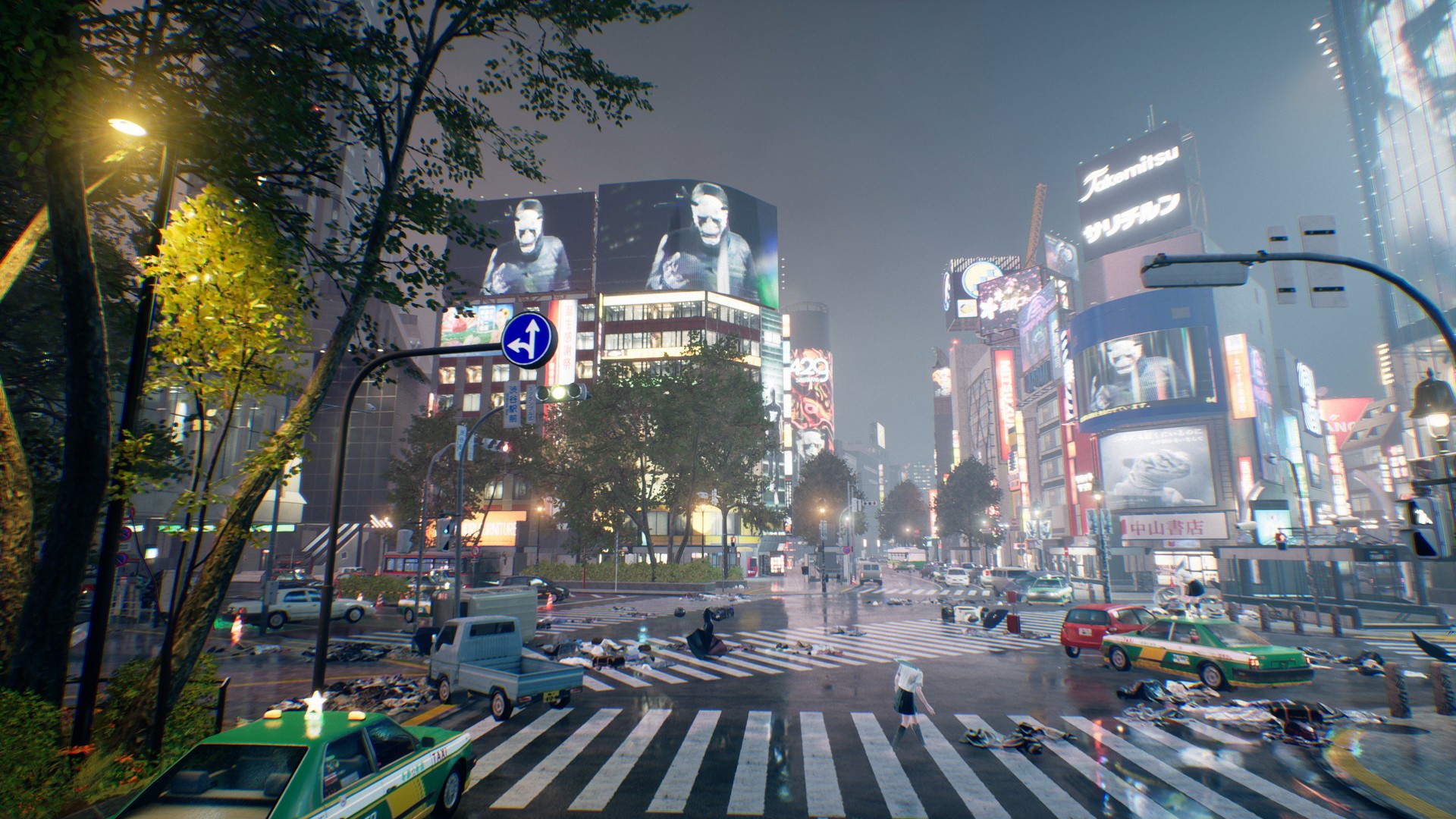
When Shinji Mikami first began planning Resident Evil he was 28 years old. By the time it shipped in March 1996, he was just over 30. And while highly regarded among his peers for his tireless work ethic, he was also known to race office chairs around Capcom's headquarters while screaming 'Sayonara!', as hapless colleagues were blithely wheeled into vacant elevators. As director of what would become the world's pre-eminent survival horror game, unity through humour in the workplace was important to him.
Now in his mid-50s, the Tango Gameworks founder – the studio now on the cusp of launching its third game, Ghostwire Tokyo – adopts a different approach on the job. "We still have fun, but we don't do that anymore," he says, laughing alongside Ghostwire director Kenji Kimura and producer Masato Kimura. "I think nowadays that might be considered workplace bullying!"
Back to the future
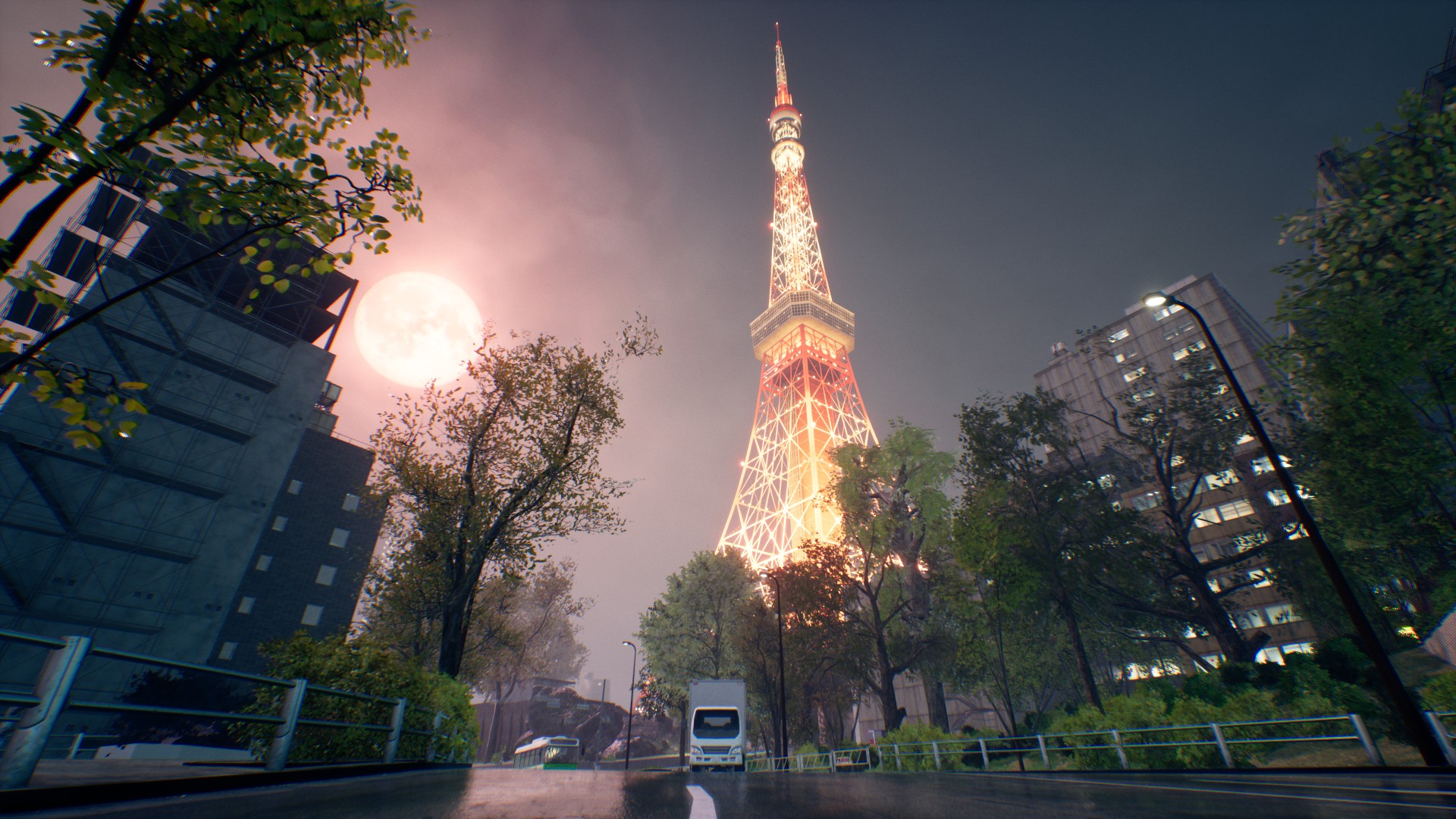
Ghostwire Tokyo is a ghostbusting adventure that glows with modern magic
Over a quarter of a century has passed since the arrival of Resident Evil (Biohazard as it's known in non-western countries), and Tango Gameworks is now in its 13th year of existence. Today, Mikami is recognised as one of the founding fathers of survival horror, and while Ghostwire Tokyo is not a horror game – "let's be clear: it's an action-adventure game that's a mix of the old and new, traditional and modern," says game director Kenji Kimura – it is undoubtedly the most ambitious venture the studio has undertaken. With Mikami at the helm, 2014's The Evil Within wore its Resident Evil influences on its bloodied sleeve, whereas its 2017 sequel, with John Johanas in charge, steered the series in a different direction – this time adopting a hybrid mix of horror and action-adventure, underpinned by loose open-world mechanics.
Like Mikami in the mid-90s, Johanas was barely 30 and in charge of an important project, which is an ethos that runs through Tango Gameworks from top to bottom. Today, Mikami is less hands-on on the studio floor, but has spent the last 12 years cultivating a culture of togetherness among younger like-minded visionaries, wherein everyone is facing and pulling in the same direction.
"I like seeing people who have talent on a journey through their own success stories, and I want to be a part of that," says Mikami. "I was about 30 years old when I directed Biohazard, John [Johanas] was around 30 when he directed The Evil Within 2, and I think it's important to give younger people with good ideas the chance to make good things."
"Young people can digest more things more quickly, and they're able to hone their senses very quickly because of that. As they gain experience, they're able to use their senses and use that experience to create something new and impactful. And so around that age is probably a very strong moment in this line of work, and in this career."
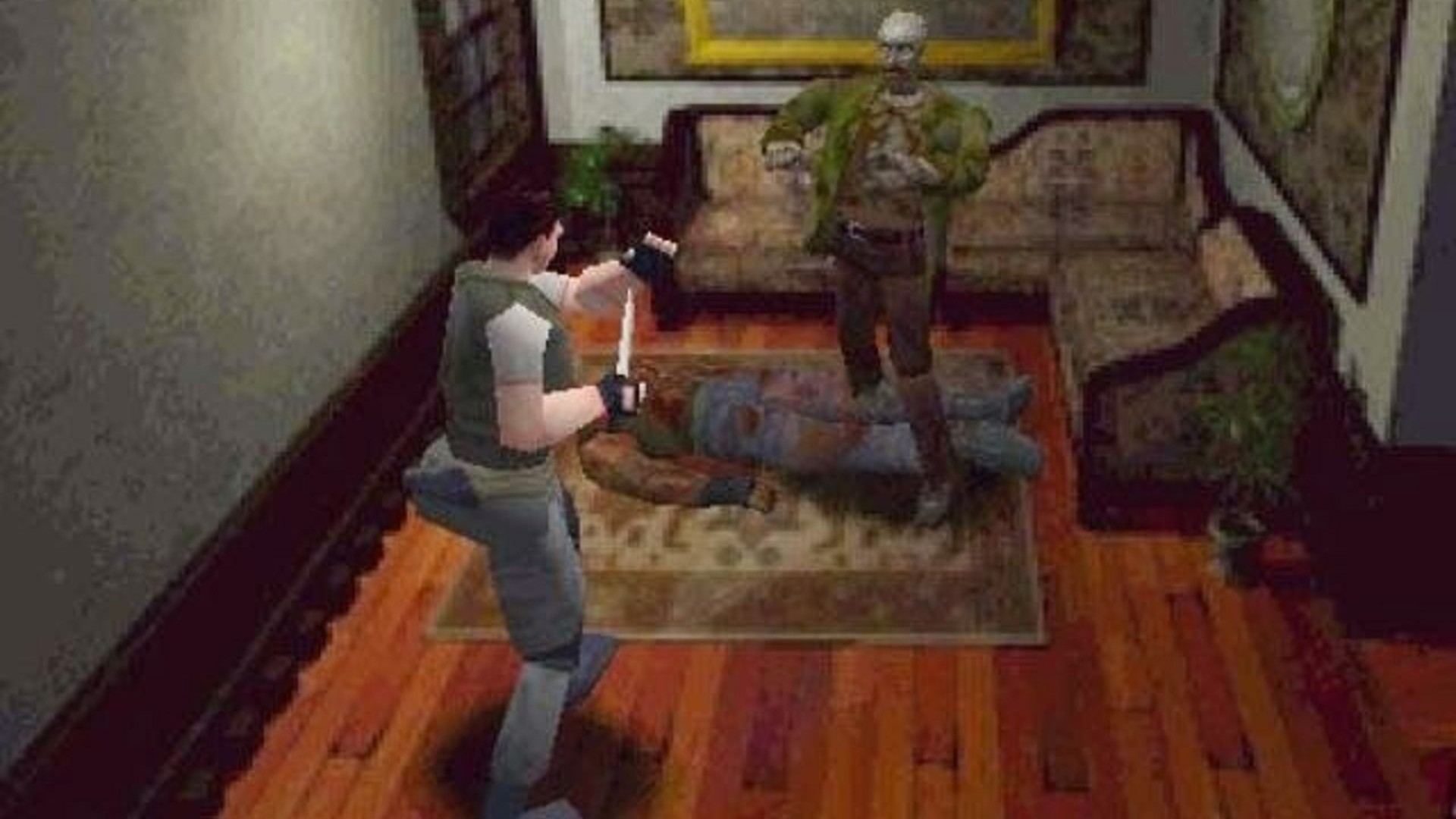
"We all want the same thing and that is, at its core, we want to make great games."
Masato Kimura, Ghostwire Tokyo producer
When hailing the early successes of Mikami and the people around him, it's easy to forget how quickly technology has advanced over the last 25 years. Mikami and his peers created a classic in Resident Evil in the pre-internet age, which is something he believes had obvious pros and cons with regards to how quickly information could be accessed and utilised, and how this impacted the creative process. This is something, of course, which affects today's young talent in reverse.
"When generating ideas, having too much information is not that much of an issue when you're trying to just get them down – when you're simply trying to stock up on ideas," Mikami explains. "But creating new things, creating things from being hungry or having that hunger to make something new, having so much information at your fingertips probably doesn't help younger devs."
Weekly digests, tales from the communities you love, and more
That's where Mikami's expert experience and guidance comes to the fore. As a boss, Kenji Kimura describes Mikami as laser-focused on putting the customer first, constantly querying decisions from player-minded perspectives. "That's always something Mikami-san brings up with me, in just about every conversation," Kenji Kimura says, suggesting this helpful persistence in turn helps ensure high standards in all areas of development. "I've been working with Mikami-san for almost 20 years now, since I joined the industry myself. There have been a lot of ups and downs in our relationship, but we've now gotten to a place where we're very tightly-knit."
Ghostwire producer Masato Kimura adds: "We all want the same thing and that is, at its core, we want to make great games. One thing that makes Mikami-san stand out from everybody else is his super customer-facing approach. He's very good at staying completely focused on that, regardless of what kinds of problems might arise elsewhere."
With all three men sharing the same room, I ask Kenji Kimura and Masato Kimura if their glowing assessment of their boss would be the same if he wasn't sitting right beside them. Their laughter in the face of a tongue-in-cheek question feels genuine, paying credence to everything they've said to this point. "Even if Mikami-san wasn't in the room, I'd have given the same answer, yes," says Kenji Kimura. "Genuinely, his approach is easy and he's always amiable. There's a lot of cool things about him and it's hard to summarise those in one answer."
Dawn of the dead
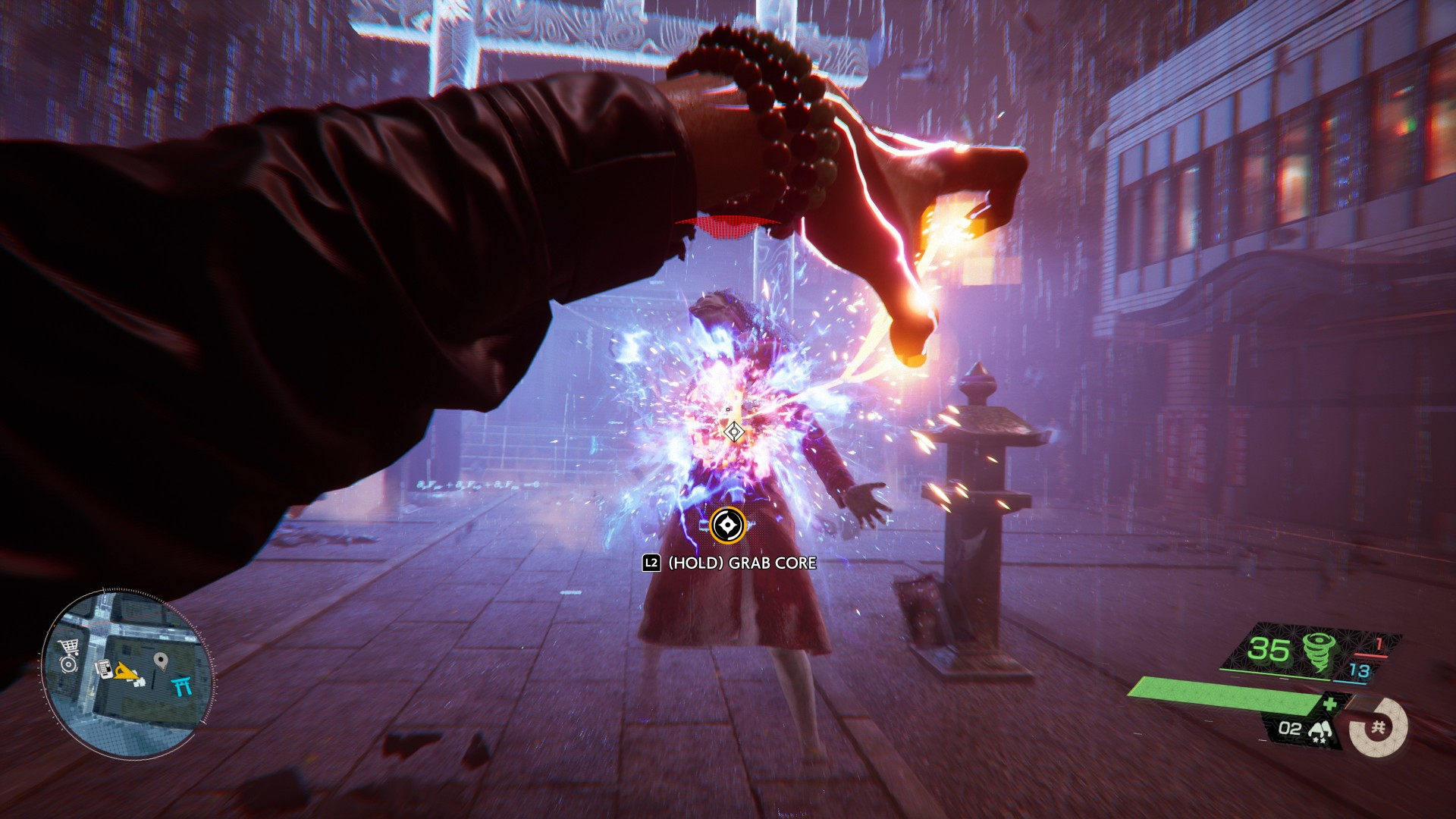
"[Mikami-san] always joking about retiring, but I think he's always going to be creating something or working on something."
Kenji Kimura, Ghostwire Tokyo director
What we've seen so far of Ghostwire Tokyo looks interesting. The pivot to a first-person perspective inside a sprawling futuristic interpretation of the Japanese capital definitely gives the game more of an action feel than The Evil Within, but, despite the developers' insistence it is not a horror game, its twisted ethereal adversaries and Yoshimitsu-alike antagonist certainly look pretty terrifying. A key combat mechanic sees the player 'rendering' enemy souls, a ranged magic manoeuvre whereby the protagonist twists and breaks their enemies' essence, which we'll clearly spend a lot of time performing in battle. Luckily, doing so looks super-satisfying.
"Immersion was definitely key in our design for everything in the game. On the combat side of it you're talking about is definitely something that we put a lot of energy into," says Kenji Kimura. "We want players to feel like they're able to use supernormal powers and kind of expose the enemy's core, their heart, and kind of yank it out and crush it. Especially with the PS5 controller, we're able to get the sensation of holding something. When players have their hands out, they can feel the energy that's building up around it. It will kind of unleash this wire effect which hits the core, it crunches, and with the haptics of the controller we're able to capture that."
"It's also worth noting Ghostwire isn't an open-world game, more that it has a sandbox-style map. The game is driven by mission progress that more reflects traditional Japanese action adventure. We're using Tokyo so there's a lot of verticality in the geometry of buildings that you walk around which creates that sense of, you know, 'hey, what's over there?' The world is designed to tickle your curiosity, and the map is designed in more of a sandbox style without being fully open-world, condensing all the cool things about Tokyo into a game."
Masato Kimura adds: "Yeah, one of the most important things we wanted to do with Ghostwire's combat was have it always feeling good. Again, this isn't a horror game, it's an action adventure game, and we want you to be able to feel good while walking around beating up evil spirits."
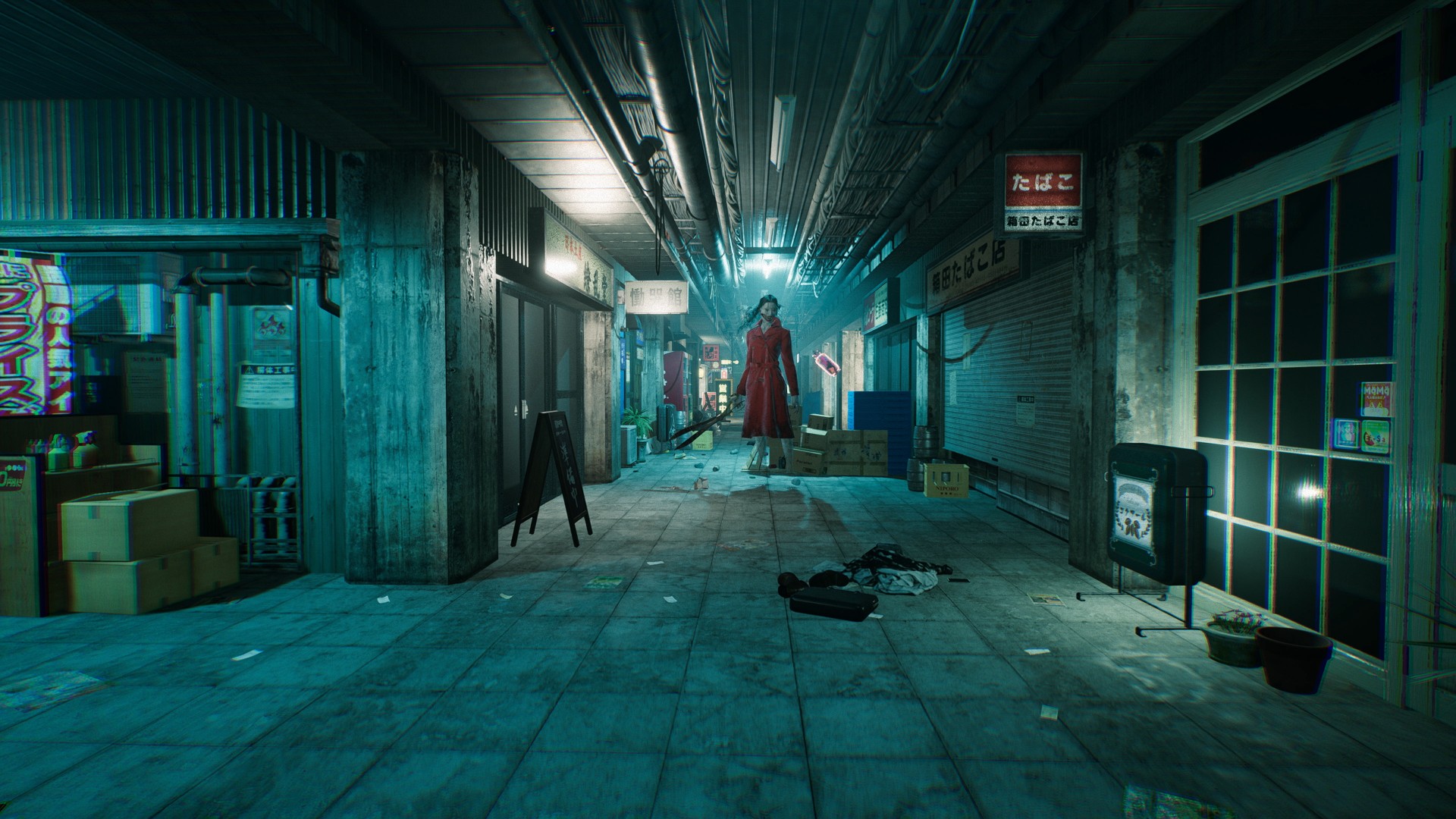
Speaking to the wider health of Tango Gameworks, the fact that Microsoft acquired the studio's parent company, Bethesda, last year puts Mikami's outfit in a good place, financially at least. This, combined with Mikami's increasingly advisory role day-to-day, his desire to continue growing and developing young talent, and the fact that he turns 57 years of age later this year, is retirement something that's crossed his mind of late?
"Big changes like the acquisition can occur without me willing anything about them. These changes would occur with or without my say and so I prefer to stay pretty neutral," he says. "So long as it doesn't change anything about the creative process or doesn't change anything on the creative side of things, I try not to think about whether or not these things are good or bad. The word 'retire' is a word I've been using once every so often ever since I turned 50!"
Kenji Kimura interjects: "He's always joking about retiring, but I think he's always going to be creating something or working on something."
For what it's worth, I hope Kimura is right in this instance. In any event, the next chapter for Tango Gameworks, Ghostwire Tokyo, lands on March 25, 2022.
Seeking more scares? Check out the best horror games while howling at the full moon.

Joe Donnelly is a sports editor from Glasgow and former features editor at GamesRadar+. A mental health advocate, Joe has written about video games and mental health for The Guardian, New Statesman, VICE, PC Gamer and many more, and believes the interactive nature of video games makes them uniquely placed to educate and inform. His book Checkpoint considers the complex intersections of video games and mental health, and was shortlisted for Scotland's National Book of the Year for non-fiction in 2021. As familiar with the streets of Los Santos as he is the west of Scotland, Joe can often be found living his best and worst lives in GTA Online and its PC role-playing scene.


